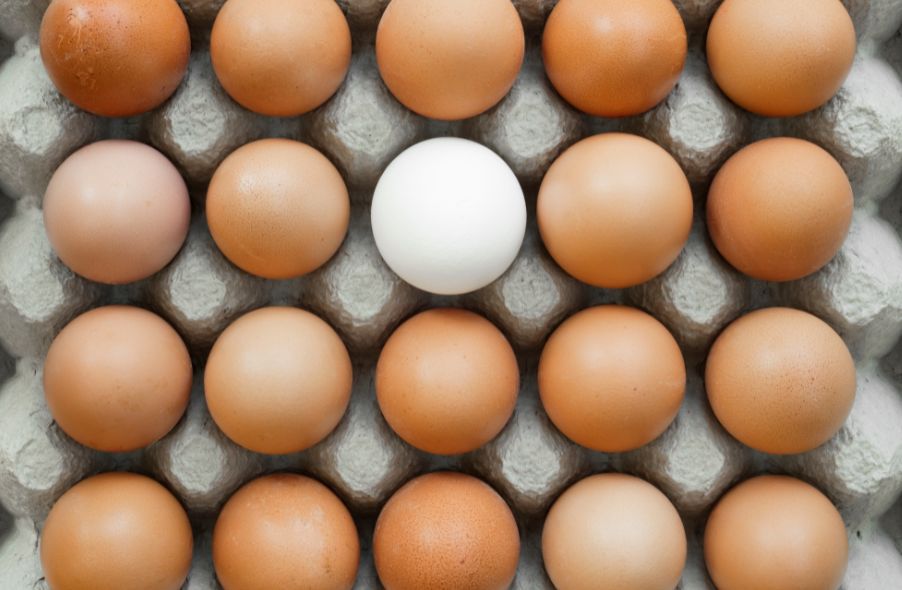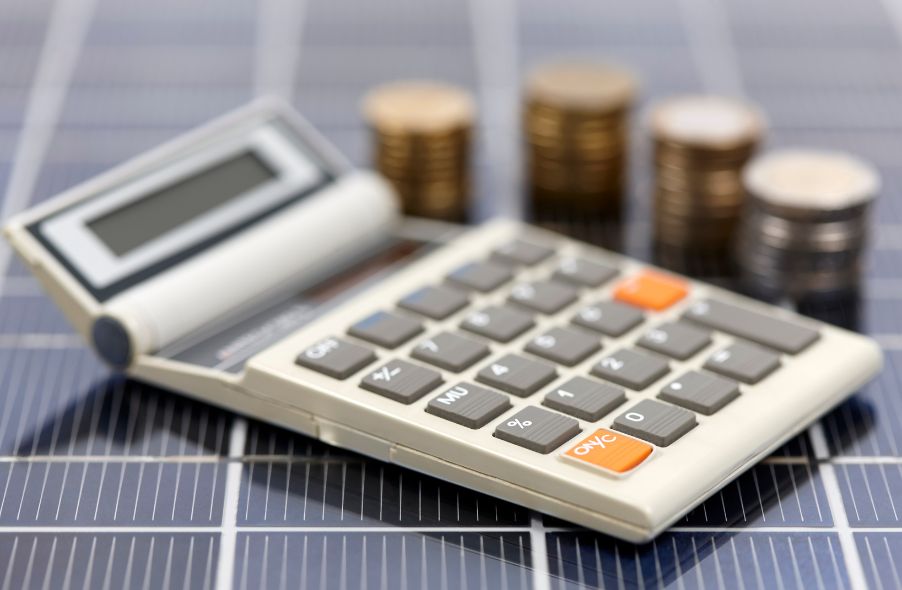So, you have inherited precious metals from a loved one and are unsure what to do next. Do you store the inherited coins in a safe deposit box, sell them and assume the capital gains tax, or open a gold-funded individual retirement account? Understanding the tax rules surrounding your options can help you make the right decision for your financial goals.
Below, we discuss how inheritance tax requirements work when you receive inherited gold and silver, if you decide to sell inherited gold, and when you file your returns.
Is There a Tax on Inherited Gold Bullion and Coins?
The inheritance tax for receiving gold bullion coins or other inherited precious metal assets is relatively fair at the federal level. As long as your inherited precious metals do not exceed $12.9 million, you do not have to pay federal tax upon receiving your inheritance. This figure reflects the entire estate.
Note that your state might have its own inheritance taxes with stricter requirements. For example, in Pennsylvania, your rate will depend on your familial relationship with the dependent. According to Pennsylvania’s inheritance rules, surviving spouses don’t have to pay tax dues, though a blood relative, like a sibling, may have to pay 12%, and a non-related friend may have to pay 15%.
If the person you’re inheriting gold or precious metals from dies in a state with imposing tax implications, you may need to pay taxes upon receiving your inherited precious metals.
The above tax implications refer only to receiving your inherited coins. If you choose to sell your precious metals, you will face federal taxes. The Internal Revenue Service (IRS) will determine your rate based on the fair market value at a maximum rate of 28%, which we will explain below.
How Is the Inherited Gold Coin Tax Calculated?
If your loved one’s inheritance is large enough to require paying estate taxes, meaning it’s over $12.9 million, you will have to pay a percentage based on the size of the estate, ranging from 18% to 40% or more. Aside from the few states that tax you when inheriting precious metals, you will likely only need to worry about the federal taxes upon selling.
You may choose to sell your inherited precious metals immediately, or you may let them mature in your current precious metal portfolio for a few years or decades before doing so. Regardless, when you decide to sell them, you’ll have to pay the capital gains tax or marginal tax rate, whichever costs less.
To determine the capital gains tax rate on your precious metals, begin with the cost basis. When you inherit gold or other precious metals, the cost basis is the market value of the physical precious metals, including the numismatic value of the coins, at the time of the person’s passing. You will pay capital gains on any profits you make from the sale, not on the total proceeds.
Let’s look at an example. Say you inherited 100 ounces of gold costing $1,330 per ounce at the time. A couple of years later, you sell the gold for $1,800 per ounce while in the 39.6% tax bracket. You would do the following math:
- Cost basis: 100 ounces x $1,330 = $133,000
- Sale proceeds: 100 ounces x $1,800 = $180,000
- Capital gains: $180,000 – $133,000 = $47,000
- What you owe: 28% x $47,000 = $13,160
Note that the above information refers to physical gold and precious metals. Precious metal bank account inheritance transactions, like mutual funds, precious metals IRAs, stocks, and bonds, will have slightly different requirements for short- and long-term capital gains. You can use the above calculation for your coin collection.
Can You Avoid Paying the Tax?

Precious metals, including physical gold and silver coins, are capital assets, which means you must fulfill your tax bill with the federal government upon selling your bullion bars or coins. If you want to enjoy your inheritance tax-free, you have a couple of options:
- Hold on to your precious metals: The primary way to avoid your tax liability entirely is by never selling your precious metals. You can store your gold or silver in a secure facility, allowing it to gain cash value over time. A trust is an excellent way to transfer your entire estate, including gold and silver, to your loved ones in a tax-advantaged way.
- Open a tax-advantaged IRA: If you want to sell your investment at some point, consider placing your precious metals in an IRA. You can open a Roth or traditional account, depending on whether you’d prefer to have them taxed now or later. Upon withdrawal, when you turn 59.5, you can enjoy various tax benefits on your investment.
Who Is Responsible for Paying the Inherited Gold Coin Taxes?
The beneficiary is responsible for paying taxes on any assets received in the estate, including a coin collection, gold, silver, and other precious metals. Because the assets typically aren’t taxed until a sale occurs, the beneficiary will be responsible for paying capital gains taxes depending on the value of the asset, the cash profited from the sale, and their tax bracket. In less common scenarios with estates exceeding the $12.9 million federal estate tax bar, beneficiaries will face additional requirements at a rate determined by the cash value.
How To Report Inherited Gold Coins on Your Tax Return
If you sell gold or silver assets, you must report the profits on your tax return. Before selling, be sure to have them professionally appraised by a precious metals expert to understand the appropriate cash value for your coins or assets. Do not accept prices too low or too high for your coins’ value, as this can impact the tax rate you must pay.
When you’re ready to file your return, you’ll need to complete Schedule D of Form 1040 on your return. You may also need to complete Form 1099-B, depending on whether your sales are part of your income. The following coins and bars require Form 1099-B:
- U.S. 90% silver dimes
- Quarter or half dollars
- 25 + 1-ounce Gold Maple Leaf
- Gold Krugerrand
- Mexican Gold Onza coins
- Gold and silver bars over 1 kilogram or 1,000 troy ounces
Are There Any Exemptions or Deductions When You Inherit Gold Coins?

If you lose money in your physical gold or precious metals sale, you can use capital losses to offset your tax liability. For example, if you sell gold at a $200 loss and net this value with the above example, you can save $200 as a tax loss carryforward.
What Happens if the Inherited Coin Tax Isn’t Paid?
If you do not correctly file taxes for your gold or other precious metals, the Internal Revenue Service (IRS) may enforce penalties such as the Failure to File Penalty of up to 25% of your total owed amount, tax liens against your property, and more. Because of these implications, you must file taxes on your gold and other precious metals.
Find Tax-advantaged Precious Metals Retirement Accounts That Align With Your Goals Today
Whether you inherit gold or wish to buy gold and sell it at some point in the future, a tax-advantaged IRA is an excellent way to mature your investment and reduce tax liabilities. At Learn About Gold, we can pair you with a precious metals firm and IRA custodian for your needs.
Take our Find a Gold IRA Partner quiz today, or contact Learn About Gold with any questions.





